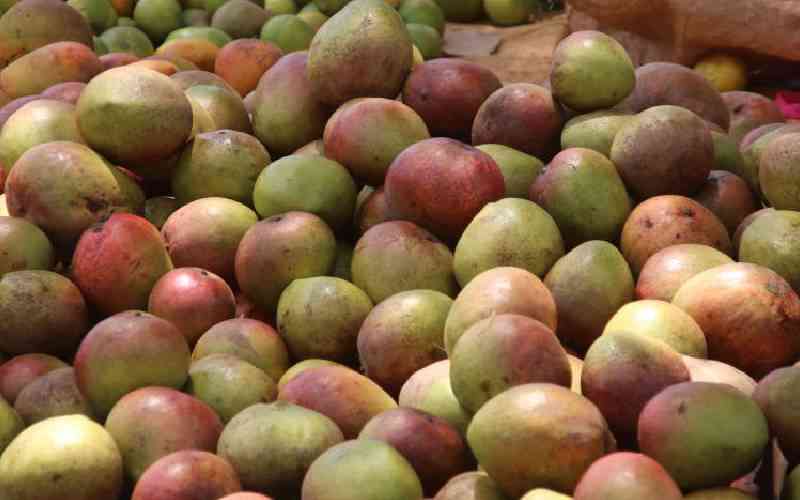
The mango season has been upon us for a while and will stick around for the next two months or so. Those who come from Ukambani, where mangoes are a seasonal flex, may be familiar with the phrase "ni ndetema ya maembe" (it's sickness from mangoes), whenever one falls ill around the December to March mango season.
As crazy as it may sound, experts confirm that mangoes indeed can trigger potentially life-threatening reactions in some people. Often regarded as the "king of fruits," the mango is loved for its dripping sweet flavour packaged in a fleshy pulp so it may come as a surprise that the peel, and in some instances, the pulp, can cause severe allergies.